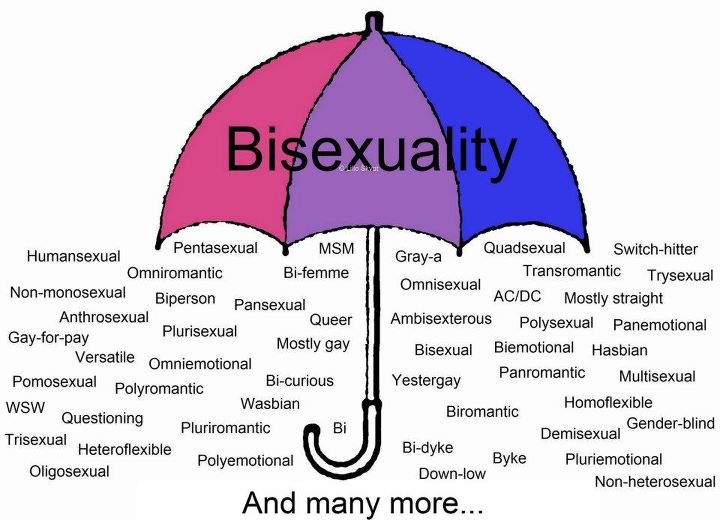[Bi Magazine]: important new research report on bisexuality from BiUK
As reported in Bi Magazine, on February 15th, 2012 BiUK, a British based umbrella organization for various bisexuality research projects and events, in collaboration with the Open University (OU) has just released "The Bisexuality Report: Bisexual inclusion in LGBT equality and diversity" (pdf).

This in-depth report, conducted by Meg Barker, Rebecca Jones, Christina Richards, Helen Bowes-Catton and Tracey Plowman of BiUK with Jen Yockney of Bi Community News and Marcus Morgan of The Bisexual Index is the first of its kind in the UK. Meg Barker the senior researcher explained that the 2011 "Bisexual Invisibility: Impacts and Recommendations" (pdf) report by the San Francisco Human Rights Commission was one of a number of factors instrumental in the decision to move ahead with this research.
As with the 2011 SF report, the 2012 BiUK report began by focusing on the key areas of biphobia, bisexual invisibility, and their impact on the bisexual community, As with other recent research, it also found attitudes towards bisexual people both within the mainstream gay/lesbian community as well as the straight over-culture were more negative than those towards other minority groups, with bisexuals often incorrectly being stereotyped as promiscuous, incapable of monogamy, a threat to relationships and spreaders of disease. Not surprisingly, both reports show that these experiences combined with generalized homophobia (and in some cases transphobia) may be a correlating factor in contributing to bisexual people having worse mental health problems including higher rates of depression, anxiety, self-harm and suicide than those who self-id as lesbian/gay.

Additionally this report includes an updated version of recent analysis of media depictions and how these often erase bisexuality by suggesting that people can only be gay or straight. Also the report spends more time fleshing out the different groups who can fall under the ‘bisexual umbrella’. Diversity is a big theme in the report as they consider how issues may be different for different groups who may define (or be defined as) bisexual, and there is a section specifically on intersections between bisexuality and other aspects of identity, background and practice (including race, gender, age, geographical location and several other aspects).
Another unique aspect of the 2012 report is that it concludes with a section on the positive aspects of the bisexual experience. Despite the many challenges of being bisexual in a culture which generally doesn’t recognize bisexuality and which discriminates against bisexual people, being bisexual obviously brings rewards as well as difficulties.
This 2012 report is a very welcome and important addition to the cannon of Bisexual Studies, Bisexual Theory & general Queer Theory as well as contributing to the fields of Queer Studies, LGBT Studies, Feminist Studies and Gender Studies. Additionally it serves as another important step along the road to ultimate understanding of the total spectrum of the human condition.